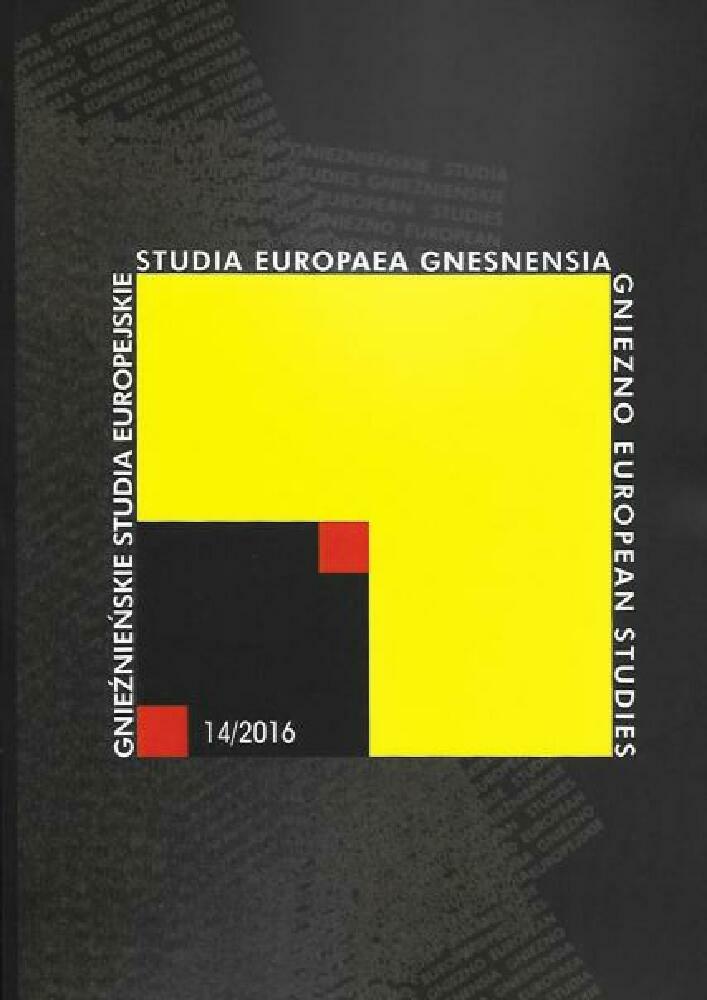Abstract
This paper is an attempt to approach the history of bl. John Henry Newman as the history of a man who decided to re-evaluate his ethos in line with what his conscience showed him to be a duty to fulfil. Here conversion is understood as a long process of development, where the moment of decision is only the finał element. What seems to be an illumination and impulse is only seemingly a sudden change. In faet, it stems from personal and tacit thought, from the mystery of the person.
References
Arystoteles, Etyka nikomachejska, tłum. D. Gromska, Warszawa 1982.
Berkeley G., Alkifron, tłum. M. Olszewski, Kęty 2008.
Butler J., Analogy of Religion Natural and Revealed to the Constitution and Course of Nature, London 1900.
Crosby J., The Personalism of John Henry Newman, Washington 2014.
Hadamard Psychologia odkryć matematycznych, dum. R. Molski, Warszawa 1964.
Hajduk Z., Nauka a wartości. Aksjologia nauki, Lublin 2008.
Kierkegaard S., Okruchy filozoficzne. Chwila, dum. K. Teoplitz, Warszawa 1988.
Newman J.H., Apologia pro vita sua, dum. S. Gąsiorowski, Warszawa 2009.
Newman J.H., The Letters and Diaries of John Henry Newman, VI, Oxford 1984.
Newman J.H., Parochial and Plain Sermons, San Francisco 1987.
Newman J.H., Logika wiary, dum. P. Boharczyk, Warszawa 1989.
Newman J.H., Certain Difficulties of Anglicans in Catholic Teaching, I, London 1891.
Pereiro J., Theories of Development in the Oxford Movement, Leominster 2015.
Santayana G., Reason in Religion, New York 1962.
Taylor Ch., Nowoczesne imaginaria społeczne, dum. A. Puchejda, K. Szymaniak, Kraków 2010.
Taylor Ch., Źródła podmiotowości. Narodziny tożsamości nowoczesnej, dum. M Gruszczyński i in., Warszawa 2001.
Trevor M., Newman: The Pillar of the Cloud, London 1962.
